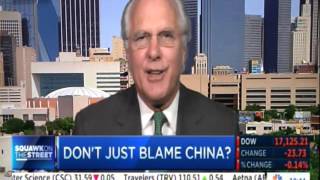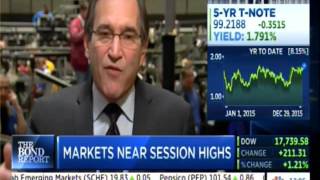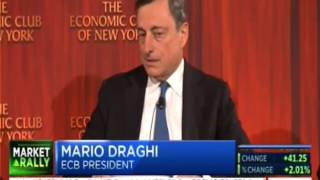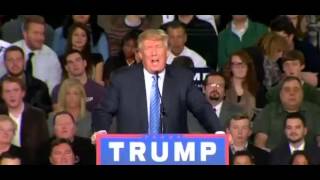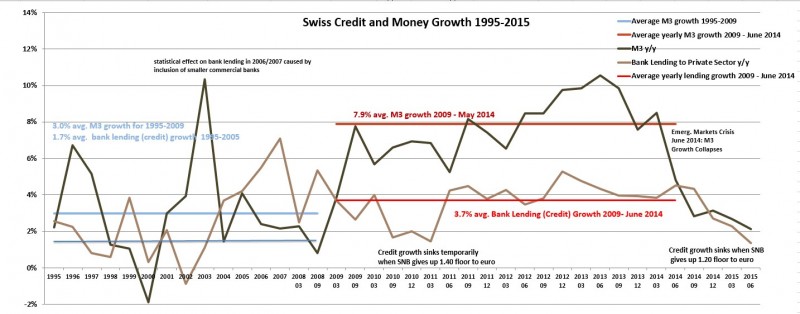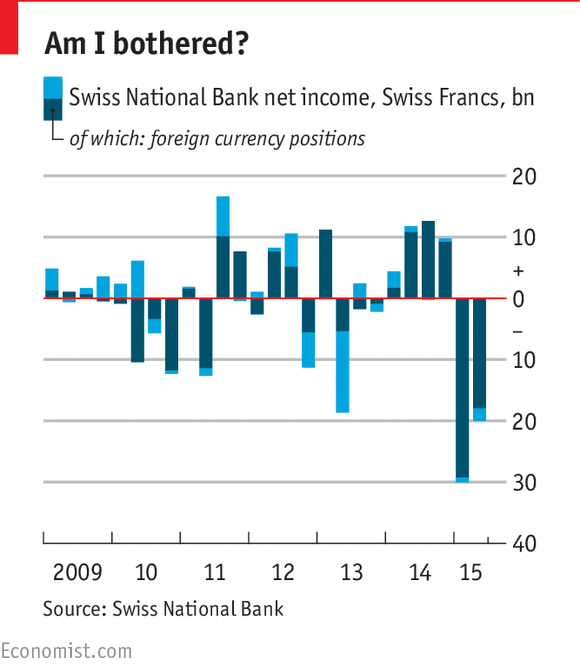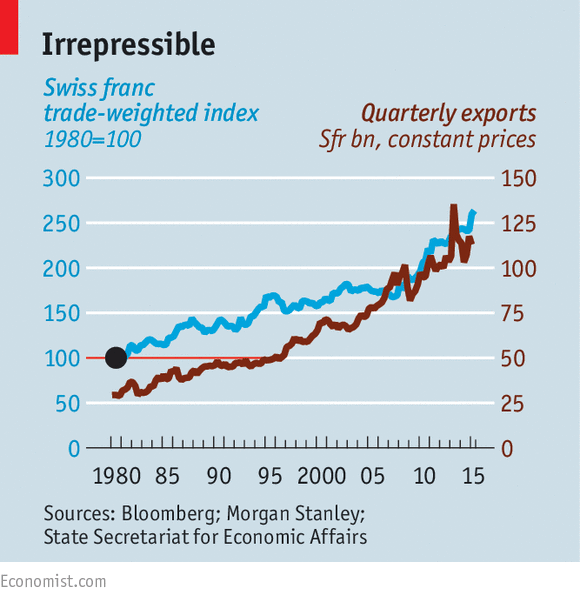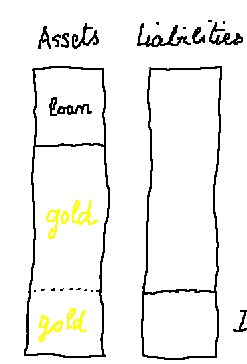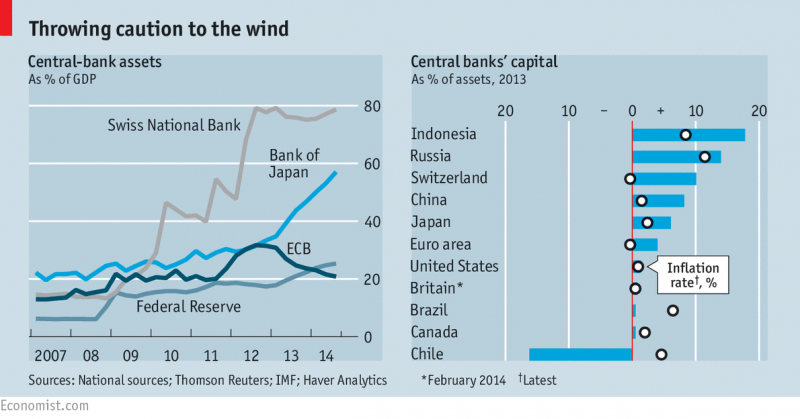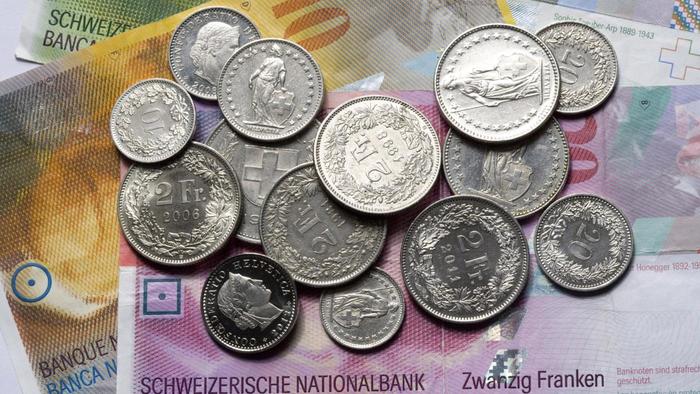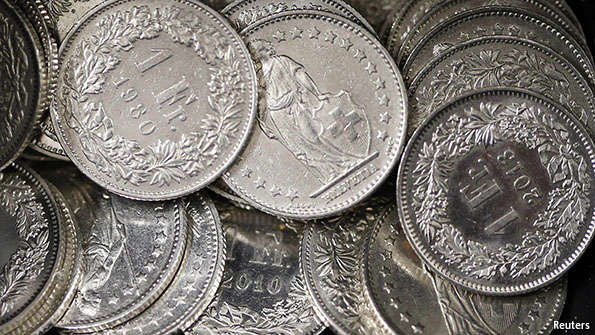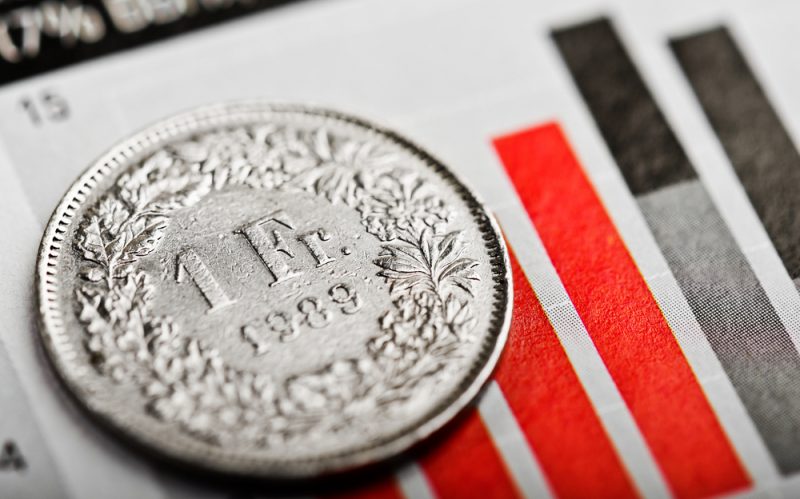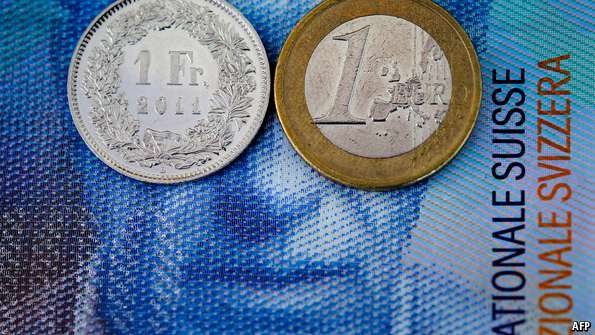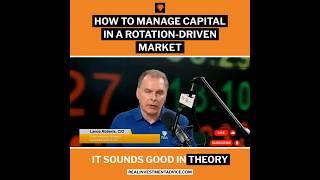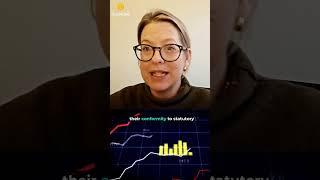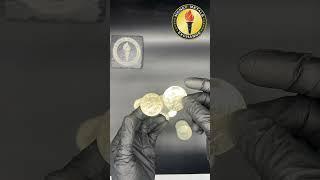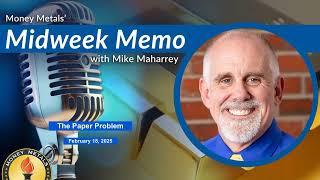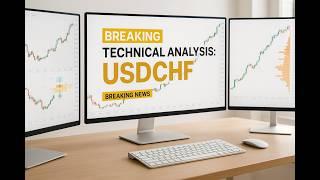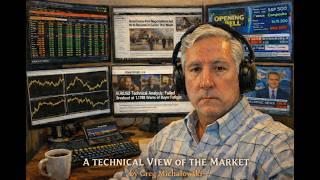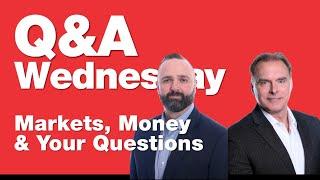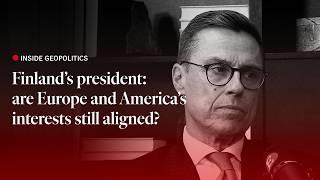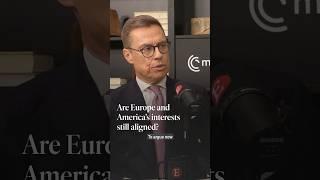Category Archive: 1.) English Posts on SNB
The year explained: Our ten most popular explainers from 2015
EVERY weekday The Economist explains a new subject, topical or timeless, profound or peculiar. As the end of the year approaches, we look back at the explanations that have proved most popular with readers during 2015. (Normal service will resume on January 4th.)
Read More »
Read More »
Monetary assessment meeting Swiss National Bank
Monetary assessment meeting Swiss National Bank: My real-time tweets contain the main important points of the SNB meeting from the view of investors or FX traders.
Read More »
Read More »
The 2015 Update: Risks on the Rising SNB Money Supply
We explain the risks on the rising money supply in Switzerland. We distinguish between broad money supply (M1-M3) and narrow money supply (M0). Both are rising quickly.
Read More »
Read More »
The Swiss National Bank: Switzerland’s central bank makes a massive loss
ON FRIDAY, the Swiss National Bank (SNB), Switzerland’s central bank, reported second quarter losses of SFr20 billion ($20 billion). Following an equally bad first three months of the year, the SNB’s losses so far for 2015 now amount to a whopping SFr50.1 billion, equivalent to 7.5% of Switzerland's GDP.
Read More »
Read More »
The Swiss economy: True to form
FOREIGN skiers were bound to suffer. So was the Swiss economy, most assumed, after the Swiss National Bank (SNB) suddenly abandoned the Swiss franc’s peg to the euro in January. The franc rose by 30% against the euro in a matter of minutes, and remains about 15% higher than it was. This made Swiss exports more expensive for foreigners, and foreign goods cheaper for the Swiss.
Read More »
Read More »
Rising Sight Deposits at SNB Means Rising SNB Debt
Money creation and sight deposits may have two points of view:
1. The central bank creates money - i.e. the SNB decides to increase sight deposits when it does currency interventions
2. Commercial banks create money - inflows in CHF on Swiss bank accounts make those banks increase their "sight deposits at the SNB. If inflows in CHF are higher than outflows then CHF must rise, unless the central bank does currency interventions.
We will present...
Read More »
Read More »
End of Peg Buiter Critique
In a Citi research note, Willem Buiter discusses the SNB’s decision to discontinue the exchange rate floor of the Swiss Franc vis-a-vis the Euro. His main points are: Buiter refers to his earlier work on removing the lower bound on nominal interest r...
Read More »
Read More »
Free exchange: Broke but never bust
CONTEMPORARY central banking is a strongbox of oddities. Deposits, which normally pay interest, can now incur a charge. Investments in government debt, which normally offer a return, give a negative yield. Faced with this weirdness central banks are trying to respect some cardinal rules of finance, with the Swiss National Bank (SNB) and the European Central Bank (ECB) taking steps to protect themselves from losses and ensure that their...
Read More »
Read More »
Switzerland’s currency: Shaken, not stirred
SWISS voters used to hold their central bank in high esteem: one survey in 2013 found the Swiss National Bank (SNB) to be their most respected national institution. That may change after its shock decision on January 15th to abandon the Swiss franc’s cap against the euro. The franc instantly shot up by 30%, provoking howls of anguish from Swiss firms.
Read More »
Read More »
Foreign exchange: Swiss miss
WHEN the Swiss National Bank (SNB) intervened to weaken its currency in 2011, analysts called the subsequent abrupt drop in the franc’s value a “20-standard-deviation move”. Assuming the franc’s ups and downs follow a normal distribution, such a big shift should not have occurred again for many squillions of years.
Read More »
Read More »
Switzerland’s monetary policy: The three big misconceptions about the Swiss franc
ON THURSDAY January 15th Switzerland’s central bank, the Swiss National Bank (SNB), removed the cap on its currency, which it had imposed over three years ago and reaffirmed only three days before its repeal. The doffing of the cap surprised and upset the foreign-exchange markets, hobbling several currency brokers, including Alpari (which happens to sponsor the London football team I support).
Read More »
Read More »
Risk and the finance sector: Swiss miss
INVESTORS checking out the Everest Capital website will find that the hedge fund offers strategies that are diversified across themes, countries and sectors. So they wouldn't have expected losses from any one bet to be that significant. But over the weekend, it was revealed that last week's surge in the Swiss franc had virtually wiped out the group's main fund, Everest Global Capital.
Read More »
Read More »
The Economist explains: Why the Swiss unpegged the franc
IN THE world of central banking, slow and predictable decisions are the aim. So on January 15th, when the Swiss National Bank (SNB) suddenly announced that it would no longer hold the Swiss franc at a fixed exchange rate with the euro, there was panic. The franc soared. On Wednesday one euro was worth 1.2 Swiss francs; at one point on Thursday its value had fallen to just 0.85 francs.
Read More »
Read More »









